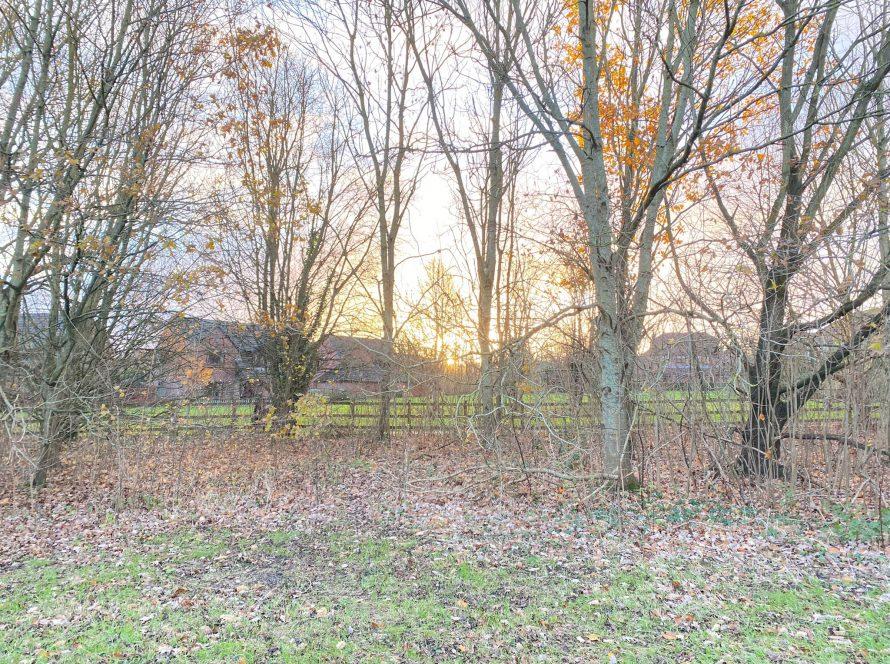In the quiet moments of early dawn, when darkness still blankets the world, a thin line of light begins to creep along the horizon. The slow, almost reluctant arrival of the morning sun reveals a landscape scarred by grief. In the lingering twilight, a chorus of voices echoes through the valleys and plains—a collective expression of the sorrow that permeates our world. It’s a sorrow that transcends borders, cultures, and generations, woven together by threads of shared anguish.
Through the lens of Francis Weller’s Five Gates of Grief, this sorrow becomes more than just a feeling. It is a journey through the underworld of the human experience, a guide to understanding the layers of loss that we all carry within us, and a call to transform this grief into a path of healing and reconnection.
First Gate: Everything We Love, We Will Lose
The first gate stands stark and undeniable: everything we love, we will lose. Our world is reeling from unprecedented losses, whether they be loved ones claimed by a pandemic, homes swallowed by wildfires, or the very dreams that once inspired our pursuits. It is a cruel truth, but one that demands we acknowledge the fragility of our existence.
Grief is a mirror held up to the beauty we cherish. The more deeply we love, the sharper the pain of losing that which holds meaning. In the midst of this pain, we find echoes of the familiar. Perhaps the first gate is not just a passage to sorrow but an invitation to remember the significance of connection—to be fully present in the embrace of those we still hold dear and to celebrate the moments that define us.
Second Gate: The Places That Have Not Known Love
Francis Weller’s second gate opens into shadowy spaces within, places that have been deprived of love. The world now stands in stark contrast between light and shadow, revealing chasms of unmet needs, unresolved traumas, and voices that have long gone unheard. These are the neighborhoods that have been forgotten, the children left without care, and the ecosystems plundered for fleeting gain.
In this gate, the weight of systemic inequity, environmental degradation, and the historical wounds inflicted upon marginalized communities fester. Here lies grief borne not just of loss but also of neglect and disregard. We must listen to the stories buried deep in the soil and the hearts of the wounded to bring these places into the light, where healing can begin.
Third Gate: The Sorrows of the World
At the third gate, we confront the sorrows of the world. They manifest in the polar ice caps melting away, the forests burning, the species vanishing. They whisper in the cries of refugees displaced by conflict and hunger, and in the silence of streets emptied by illness.
This grief transcends individual pain. It is the weight of knowing that the delicate web of life is unraveling and that our collective actions have pushed us closer to the precipice. But here too is an opportunity. An opportunity to acknowledge our role in this sorrow and to find in our shared grief the resolve to mend what is broken. We must stand together, as one people, to address these sorrows and to find the will to act for a future that honors all life.
Fourth Gate: What We Expected and Did Not Receive
The fourth gate holds the broken promises of life. It is the ache of unfulfilled dreams and the bitterness of opportunities denied. Here dwell the disillusionments of those who expected their hard work to pay off, only to see the goalposts moved farther away. It is the yearning for belonging and love that was never reciprocated, the crushing weight of societal norms that stifled creativity and expression.
In a world where success is measured in material gain, where perfection is demanded and vulnerability shunned, many feel unworthy and unseen. This gate calls us to mourn not only for ourselves but for a culture that perpetuates unrealistic expectations. We must unearth our hopes and unmet dreams from the ruins of disappointment and find compassion for ourselves and others as we seek new paths toward fulfillment.
Fifth Gate: Ancestral Grief
The final gate is perhaps the most elusive and enigmatic. Ancestral grief echoes across generations, passed down through stories and silences, through traditions and traumas that are not our own but shape our very being. It is the unresolved legacy of wars, colonialism, slavery, and the displacement of entire peoples. It is the trauma held in our bones and blood, the grief of our ancestors whispering through our dreams.
To face this grief is to reckon with a history that is not fully ours yet deeply imprinted upon us. It requires the courage to unearth the stories buried beneath the surface and to trace the lines connecting us to those who came before. This is not easy work, for ancestral grief is often entangled with shame, guilt, and anger. But through this gate, we find the possibility of reconnection and the wisdom to honor the sacrifices of our forebears.
What Is Needed
In these five gates, we find a map of our collective grief. It is a map that reveals both the wounds we bear and the paths to healing. What is needed now is a willingness to listen deeply—to ourselves, to each other, and to the world around us. We must cultivate a culture that honors grief as a natural response to loss and that provides space for mourning.
We need to recognize that grief is not an enemy but a teacher. It can help us reconnect with the world, reminding us of our shared humanity and the delicate interconnectedness of all life. This calls for communal practices of storytelling, ritual, and creative expression, allowing grief to be shared and witnessed rather than hidden.
It is also imperative that we confront the structural forces that perpetuate grief. The systems of exploitation and division must be dismantled, replaced with those that foster equity, sustainability, and compassion.
The dawn of a new day begins with acknowledging the darkness of the night that came before it. As the sun rises, the light brings clarity to the landscape before us, revealing both the scars and the beauty that remain. In this fragile and imperfect world, grief is not just a burden but a passage—a gateway to a deeper understanding of who we are and who we could become if we dare to face it together.



